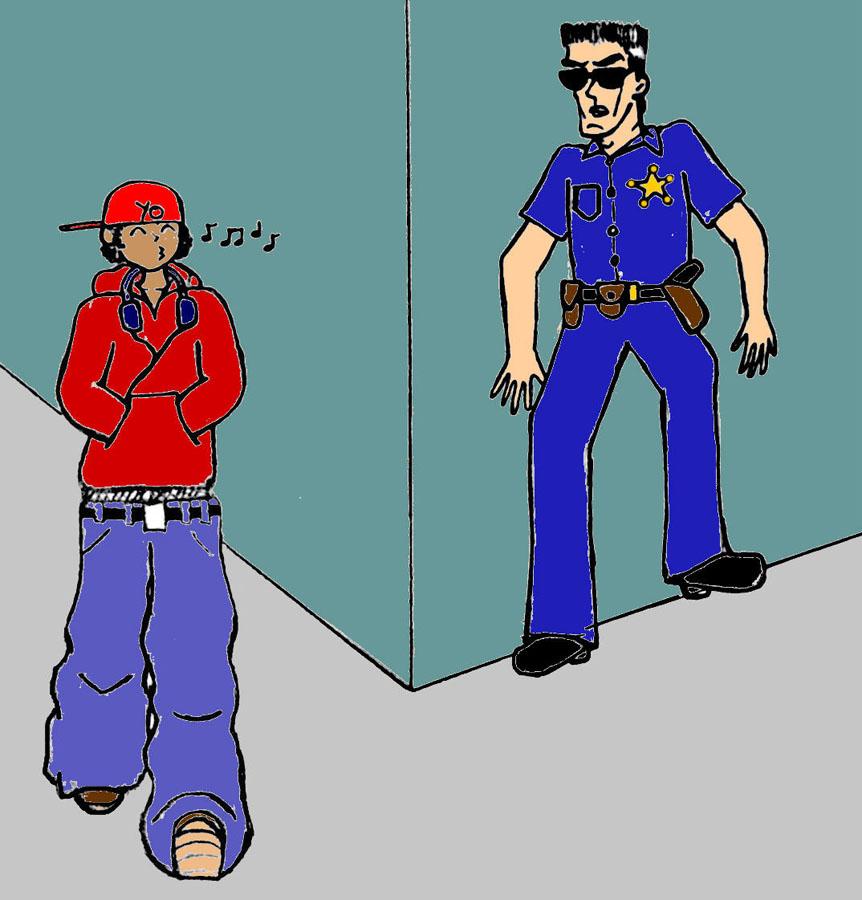The nation’s largest police department has been garnering negative attention for what some say is institutionalized racial profiling. The New York Police Department (NYPD) has been criticized for its controversial “Stop and Frisk” Policy. Those outside of New York might be unfamiliar with the practice, but a law in one city (especially one as big and influential as NYC) could very well spread to others.
“Stop and frisk is when police temporarily detain somebody and pat down their outer clothing when there are specific articulable facts leading a reasonable police officer to believe a person is armed and dangerous” (uslegal.com). The idea behind the practice is to allow police officers to apprehend individuals that may be armed and dangerous as quickly and efficiently as possible.
In 1968, the Supreme Court ruled that there was a legal basis for the police to stop and frisk citizens (Terry v. Ohio); however, the law did not go into effect until 1971. In 1999 after a civil rights inquiry, then New York State Attorney General Eliot Spitzer concluded that the searches “disproportionately impacted men of color.”
Four years later, an era of allegations of racial profiling was ushered in; the NYPD was ordered to not only implement an Anti-Profiling Policy but also to audit officers who engaged in stop and frisk searches and publicly disclose the results. After being accused of withholding data, a judge ordered the NYPD to turn over ten years’ worth of information about the controversial stops (radio station WNYC).
In 2002, Michael Bloomberg’s first year as Mayor of New York City, there were about 97,000 instances of stop and frisk searches. By 2011, that number increased 600% to almost 686,000 searches. According to former Police Commissioner Ray Kelly, “There’s no denying that stops take guns off the street and save lives.” The facts however don’t appear to be on his side; guns are found in only 0.2% percent of searches.
In addition to the low success rate of the program, groups like the National Association for the Advancement of Colored People (NAACP) and the New York Civil Liberties Union (NYCLU) argue that the practice’s systematic targeting and disadvantaging of minorities puts it at odds with the Equal Protection Clause of the Fourteenth Amendment, the part of the Constitution that guarantees every citizen the same protection under the law. As of the third quarter of 2013, New Yorkers had been stopped by the NYPD (through the stop and frisk program) almost 180,000 times. Blacks made up 56% of those stopped, Latinos made up 29%, and Whites made up 11%. Even in mostly white communities, minorities make up 79% of people stopped.
Stop and frisk is not only ineffective and discriminatory; it violates the Fourth Amendment, which protects us from “unreasonable search and seizure.” This means that although minorities are disproportionately affected, every U.S. citizen’s rights are in jeopardy.
The NYPD is the nation’s largest police department, so its actions carry a lot of weight. It’s past time to assess whether a practice that by all appearances violates people’s civil rights and institutionalizes racial profiling with negligible results is worthy of being continued.




